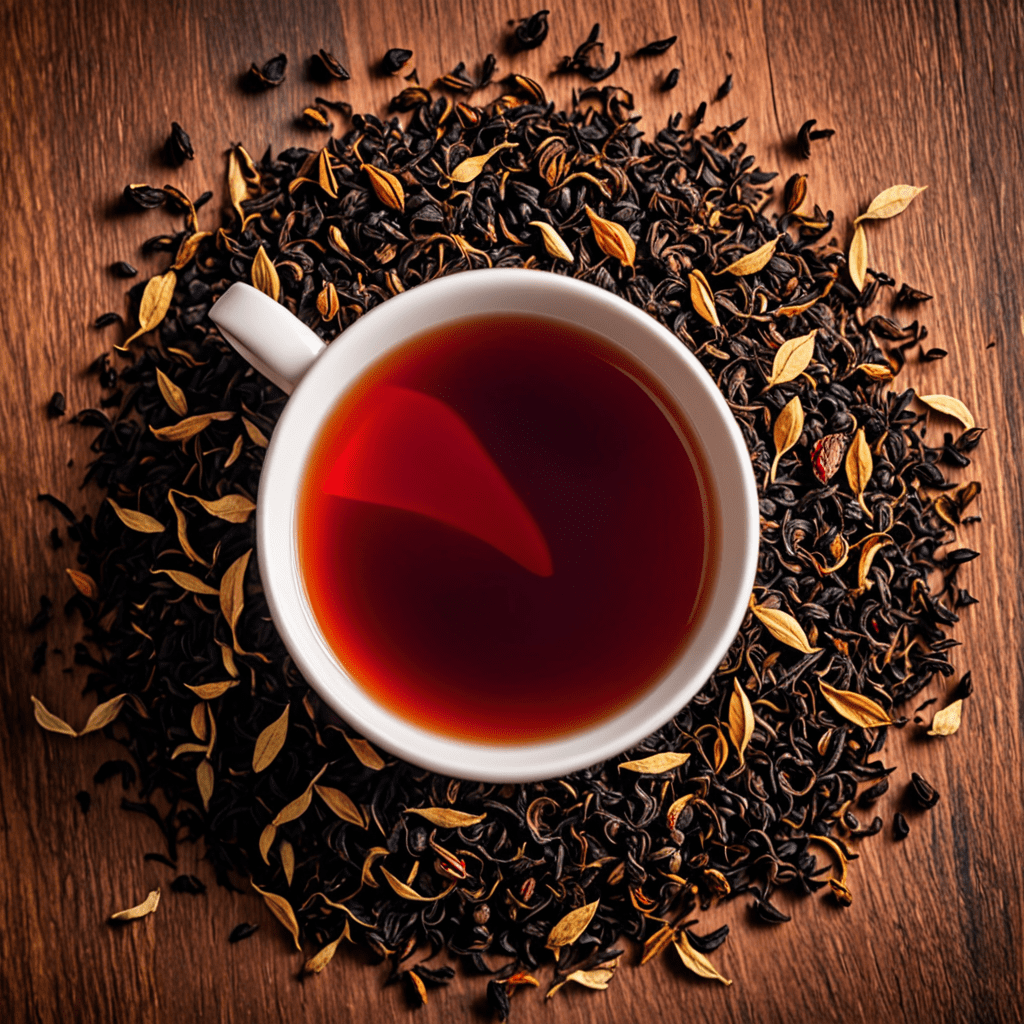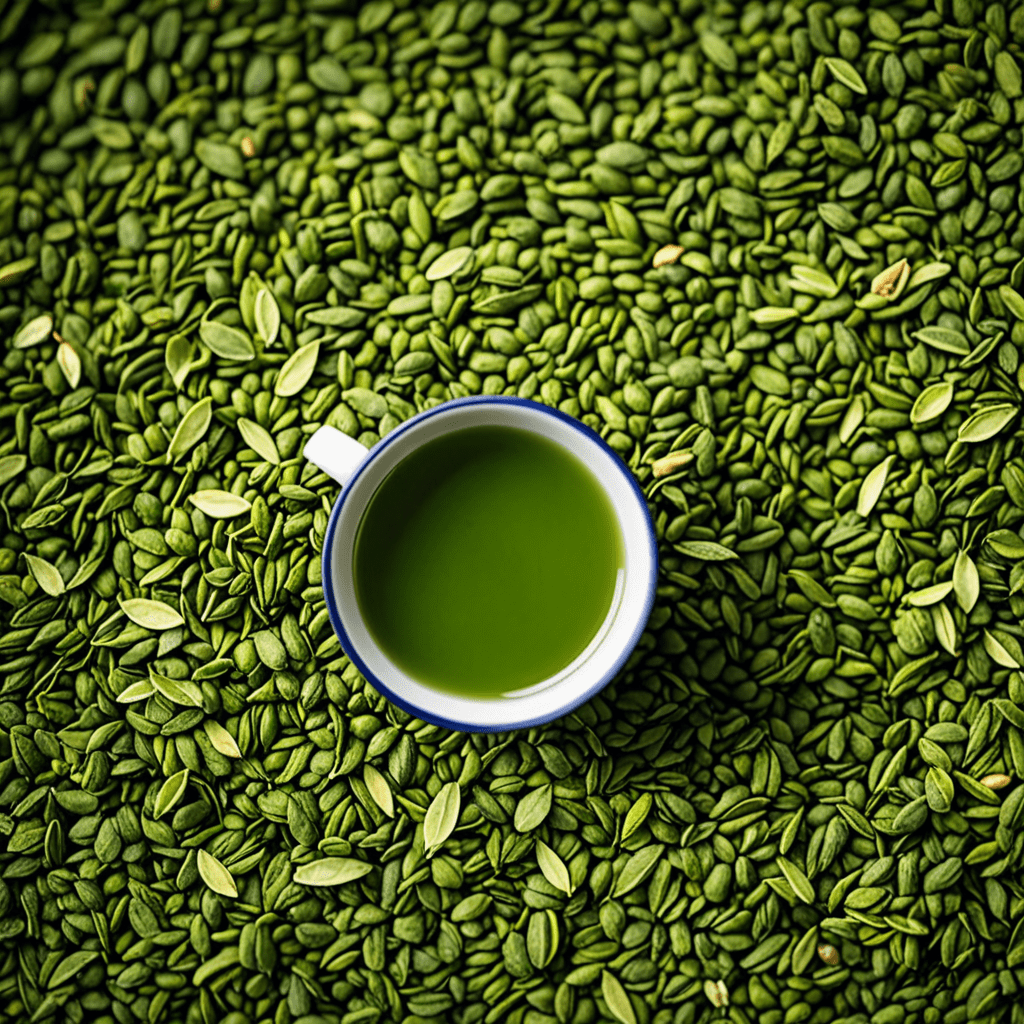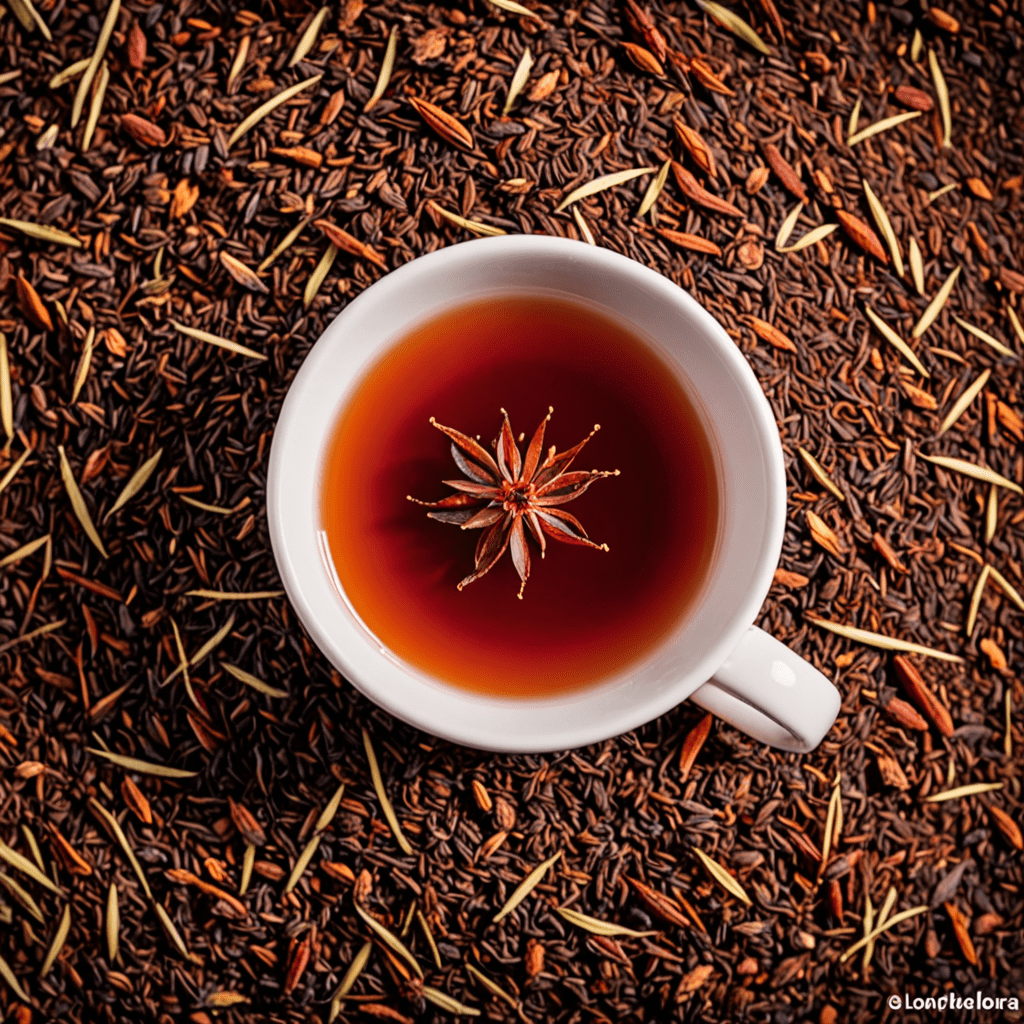Uncovering the Mystery: The Higher Caffeine Content in Black Tea Explained
The Science Behind Caffeine in Tea
Understanding the factors that contribute to the higher caffeine content in black tea.
1. The Tea Plant: Camellia sinensis
Exploring how the type of tea plant used affects caffeine levels.
2. Oxidation Process: The Role of Enzymes
How oxidation during tea production affects caffeine content and why black tea has more.
3. Caffeine Extraction during Steeping
When hot water meets tea leaves – the extraction process that leads to varying caffeine levels.
The Impact of Processing and Brewing
Discovering how processing and brewing techniques influence caffeine levels.
4. Fermentation: Unlocking Caffeine Potential
How the fermentation process in black tea production impacts caffeine concentration.
5. Longer Steeping Time: More Than Just Flavor
Understanding why steeping black tea for a longer time can result in higher caffeine content.
Factors Affecting Caffeine Levels in Different Tea Types
Comparing caffeine content in black, green, and white tea – what makes them different.
6. The Role of Processing: Green Tea vs. Black Tea
Explaining how the processing techniques affect the caffeine levels in green and black tea differently.
7. Plant Varieties: A Matter of Caffeine
Highlighting the impact of specific tea plant varieties on caffeine content.
Frequently Asked Questions (FAQ)
Q: Is black tea always higher in caffeine than other teas?
A: While black tea generally has more caffeine, the levels can still vary depending on factors such as processing and steeping time.
Q: How does caffeine in black tea affect our body?
A: Caffeine in black tea can have various effects on the body, including increased alertness, improved cognitive function, and increased heart rate.
Q: Can decaffeinated black tea still contain caffeine?
A: Yes, decaffeinated black tea still contains trace amounts of caffeine, although the levels are significantly reduced compared to regular black tea.


